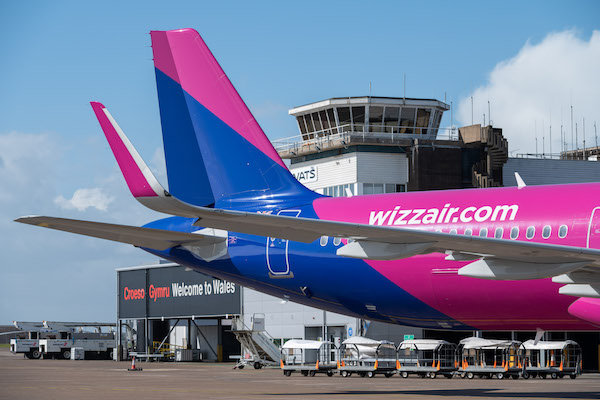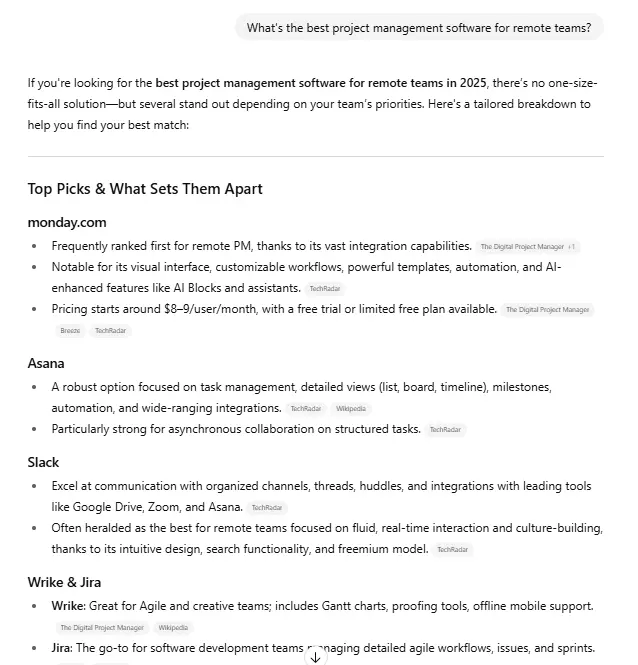Which? claims ‘weak’ CAA lets airlines ‘disregard’ passenger rights
Consumer body urges government to act, but Which? data contested

Consumer body Which? has accused the CAA of “weak regulation” which has “emboldened” airlines “to disregard passenger rights” and called for “urgent intervention” by the government.
Which? reports airlines have racked up £11 million in court judgments and passenger adjudication rulings and insists the government should prioritise legislation giving the CAA power to fine airlines.
It says the carriers are “running up millions of pounds” in County Court Judgments (CCJs) and adjudication rulings, “amid an avalanche of claims from passengers”.
Which? issued the demand today after analysing complaints data from the CAA for the 12 months to March 2023 and obtaining the latest court data from the Registry Trust.
It reports that five airlines were ordered collectively to pay £11,461,101 by courts and adjudicators, most of which it argues “likely result from passenger claims for unpaid expenses, refunds and compensation”.
Which? suggests the “alarming” figures highlight “a systemic problem in the aviation industry, whereby a combination of weak regulation and a patchy dispute resolution system mean airlines feel emboldened to disregard passenger rights”.
It has urged prime minister Rishi Sunak to commit to legislation to give the CAA powers to fine carriers in this year’s King Speech, to “put an end to an ongoing cycle of poor behaviour by airlines [which] know they can bend the rules without fear of penalty”.
The government has committed to giving the CAA enhanced powers, including to decide on breaches of consumer law and to impose fines without going to court.
Which? notes it drew attention to mounting numbers of claims in March when it found ‘outstanding’ County Court Judgments worth more than £4.5 million against airlines – almost half of which were against Wizz Air.
The CAA took enforcement action against Wizz, with the airline required to contact all customers with an eligible expenses claim for flights on or after March 18, 2022, by the end of September.
Which? suggests County Court Judgments offer “just a small window” on a bigger picture since escalating claims to a small claims court is usually a last resort.
But its latest analysis found the number of ‘outstanding’ judgments and adjudications against Wizz Air since March had continued to rise from 1,601 to 2,587 at the start of October.
Which? also singled out alternative dispute resolution (ADR) provider AviationADR, which deals with passenger complaints about Ryanair, for criticism.
It noted AviationADR found in favour of Ryanair customers in only 15% of cases.
Alongside its demand for stronger powers for the CAA, Which? is also calling for an independent ombudsman for the aviation industry “to ensure outcomes are fair and consistent for passengers”.
Which? travel editor Rory Boland said: “The scale of court judgments and adjudication decisions piling up against major airlines shows how urgently reform is needed. The cycle of poor treatment of passengers is only likely to continue without intervention.
“Consumers need an aviation regulator with effective powers, including the ability to fine operators, and a mandatory ombudsman to ensure airlines are held to account when they break the law and passenger complaints are dealt with fairly.”
Boland said: “The prime minister must commit to legislation to give the CAA direct fining powers in the King’s Speech.”
Both Wizz Air and AviationADR contested some of the Which? allegations.
A Wizz Air spokesperson said: “There has been a large backlog of County Court Judgements which has carried over from previous years. We have made significant progress in the processing of outstanding County Court Judgements. There are currently 2641 claims in the file.
“A significant percentage of these (86%) have been handled but classified incorrectly on the court register. We are currently working with the relevant parties to get this updated.”
The spokesperson added: “Wizz Air has been dealing with all of its claims in accordance with the timings agreed with the CAA and as outlined on the Wizz website.
“As part of this agreement, Wizz Air committed to re-look at welfare claims it received following flight disruptions. We agreed to contact passengers eligible for a payment by 29th September, which has been adhered to.
“We have made several changes to our processes and integrated new digital solutions to enable us to process claims more quickly. This includes automated claims processing and increased provision of customer service representatives.
“Wizz Air remains fully compliant with industry regulations.”
AviationADR said in a statement: “It is important to put the data published by the CAA into context.
“The CAA data reports on ‘open’ cases. These are not necessarily cases waiting for an adjudication, but is the entire pipeline of cases ranging from cases filed and awaiting initial assessment, cases waiting for the passenger to provide information before the claim can proceed, cases waiting for the airline to provide a response, cases being investigated by AviationADR, cases waiting for an adjudication to be issued and cases where the airline has not yet paid compensation awarded.
“In addition, 16,281 of the open cases reported in the CAA data [Which?] refer to had been completed at the date of the data capture but had not been ‘closed’ on the system.”
AviationADR also noted: “Over the past few years Ryanair, easyJet and Tui have engaged the services of leading City law firms to filter cases before they reach AviationADR, meaning these airlines accept liability and pay out on cases where they accept they clearly need to prior to ADR.
“In this respect, ADR has made a positive impact in the aviation sector as year on year many of the airlines are increasing the percentage of passenger claims they accept pre-ADR. As a consequence, ADR uphold rates have reduced as the airlines chose only to defend cases they believe are defendable.
“This should be hailed as a success. Reporting this in any other light is misleading.”

 Kass
Kass 































